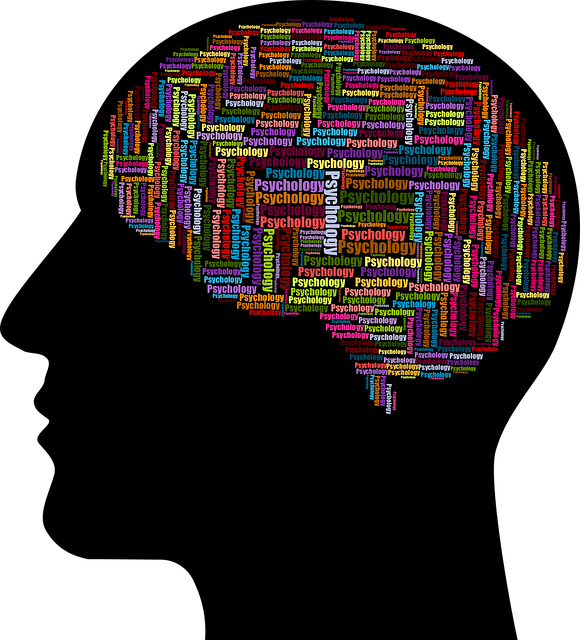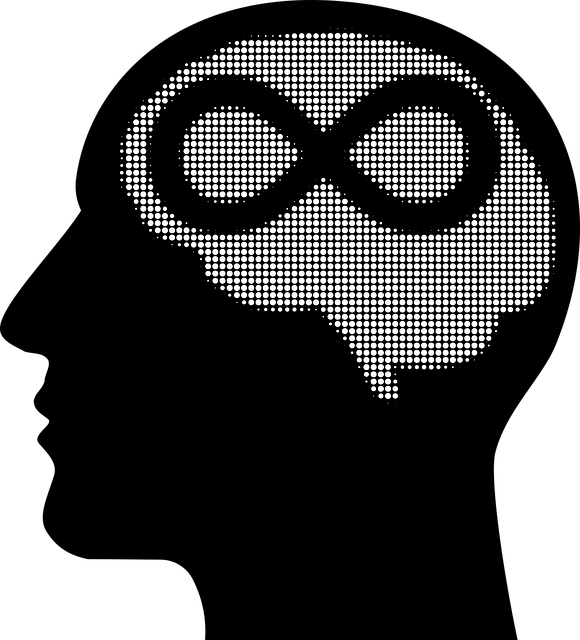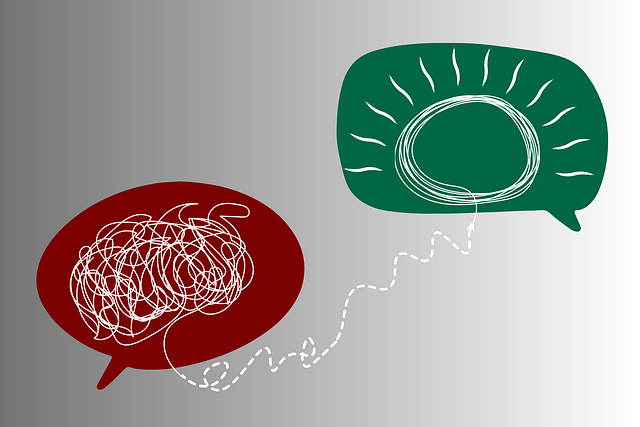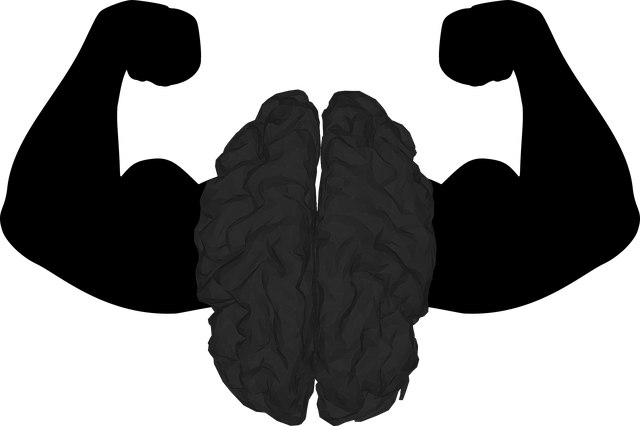Mental wellness journaling is an accessible and powerful tool for young adults with developmental disabilities, offering self-care through documenting thoughts and emotions. This alternative to traditional therapy helps individuals gain insights, manage stress, and communicate their needs. By processing complex emotions and cultivating mindfulness, journaling enhances well-being and develops coping skills, making it a valuable practice within mental wellness coaching programs. Practical tips include starting with short entries, using tailored prompts, incorporating compassion cultivation, visualizing success, and collaborating with support professionals to create an effective journaling routine that addresses unique challenges.
Mental wellness journaling is emerging as a powerful therapy tool for young adults with developmental disabilities, offering a safe space for self-expression and reflection. This article explores the benefits and techniques of implementing journaling as a therapeutic practice, providing guidance on how to establish an effective routine. We’ll delve into strategies tailored for this demographic, focusing on enhancing mental wellness and fostering personal growth through the written word. Discover practical tips to empower young adults in navigating their emotional journeys.
- Understanding Mental Wellness Journaling for Young Adults with Developmental Disabilities
- Benefits and Techniques of Implementing Journaling as a Therapy Tool
- Practical Tips to Create an Effective Journaling Routine
Understanding Mental Wellness Journaling for Young Adults with Developmental Disabilities

Mental wellness journaling can be a powerful tool for young adults with developmental disabilities, offering a unique and accessible form of self-care and reflection. This practice encourages individuals to explore their thoughts, emotions, and experiences in a safe and private manner. By documenting their daily feelings, challenges, and achievements, they can gain valuable insights into their mental health and develop strategies for managing stress and anxiety.
For young adults with developmental disabilities, journaling provides an alternative to traditional therapy sessions, fostering self-awareness and empowerment. It allows them to communicate their needs effectively, identify triggers, and track progress over time. Moreover, the act of writing can serve as a therapeutic outlet, similar to Burnout Prevention Strategies for Healthcare Providers, where individuals process complex emotions and promote Empathy Building Strategies within themselves. Mental wellness coaching programs can incorporate journaling exercises tailored to these populations, helping them develop resilience and enhance their overall well-being.
Benefits and Techniques of Implementing Journaling as a Therapy Tool

Journaling has emerged as a powerful therapy tool for young adults navigating life with developmental disabilities. By putting pen to paper, individuals can engage in therapeutic practices that foster emotional healing processes and promote coping skills development. This simple yet profound exercise allows for introspection, self-awareness, and reflection—essential components of mental wellness. Through journaling, one can explore thoughts and feelings, track progress, and develop compassion cultivation practices, ultimately leading to improved mental resilience.
The benefits are manifold: it provides a safe space to express emotions, helps in breaking down complex thoughts, and encourages the practice of mindfulness. By documenting experiences and tracking moods, individuals can identify patterns, gain insights into their emotional responses, and cultivate a deeper understanding of themselves. This process is particularly beneficial for those with developmental disabilities, as it offers an accessible and engaging way to support therapy goals, enhance self-care routines, and promote overall mental wellness.
Practical Tips to Create an Effective Journaling Routine

Practical Tips to Create an Effective Journaling Routine for Young Adults with Developmental Disabilities
Journaling can be a powerful tool for young adults navigating their mental health and well-being, especially those living with developmental disabilities. Establishing a consistent journaling routine offers numerous benefits, from improving self-awareness to fostering emotional regulation and cultivating resilience. Here are some practical tips tailored to this specific population:
1. Make it Accessible: Consider the individual’s unique needs and abilities. Provide options for formatting, such as using visual aids, symbols, or even picture books for non-textual expression. Ensure accessibility features are in place on digital devices if needed.
2. Start Small and Consistenly: Begin with short, manageable entries. A few minutes each day is better than longer, less frequent sessions. Consistency is key; aim for a regular time each day to reduce potential barriers and encourage habit formation.
3. Use Guided Prompts: Provide structured prompts tailored to their interests and challenges. For instance, prompts could focus on describing feelings, listing accomplishments, or exploring coping strategies for specific situations. This guidance can help young adults who may struggle with organizing their thoughts.
4. Incorporate Compassion Cultivation Practices: Teach them to write from a compassionate perspective, focusing on self-kindness and understanding. This can be as simple as writing “I am doing the best I can,” or exploring emotions without judgment. These practices support emotional healing processes and prevent burnout.
5. Visualize Success: Encourage visualizing positive outcomes and goals. They can write about their aspirations, then reflect on small steps taken towards them. This promotes a growth mindset and builds motivation.
6. Collaborate with Support Professionals: Therapists, coaches, or mentors can offer guidance on journaling techniques and help interpret entries. This collaboration ensures the practice is beneficial and culturally sensitive while maintaining confidentiality.
7. Celebrate Progress: Acknowledge and celebrate their efforts and improvements. Even small changes in writing habits or emotional expression are worthy of recognition. This positive reinforcement encourages continued engagement.
Mental wellness journaling offers a powerful therapy tool for young adults with developmental disabilities, providing a safe space for self-expression and reflection. By understanding its benefits, employing effective techniques, and integrating practical tips, individuals can harness the transformative power of journaling to enhance their mental wellness and overall quality of life. This simple yet profound practice has the potential to revolutionize support strategies for this demographic, fostering greater emotional awareness and resilience.














